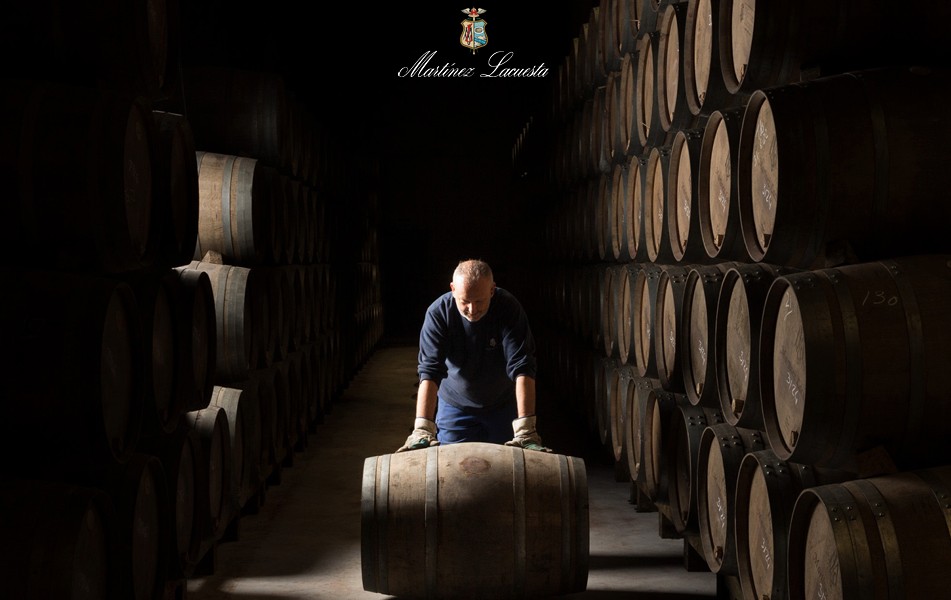Russia hints at illegal spirits problem
As much as 70% of spirits sold in Russia could be non-alcohol or ‘surrogate’ alcohol, Russia’s Industry and Trade Ministry announced at a press conference this week.
About 30% of Russia’s retail points of sales don’t have proper alcohol license, and from 50% to 70% of spirits on the market are not what the labels claim to be, an official from the ministry claimed, highlighting Russia’s counterfeit spirits problem, China’s state news agency Xinhua reported.
Another official with the health protection committee under the country’s lower house of parliament – State Duma – said in 2016 there are about 10,000 people in Russia died from alcohol poisoning, the latest of which claimed nearly 80 lives in the Siberian city of Irkutsk after they drank a counterfeit bath oil that was often used as a ‘substitute Vodka’.
The deadly incident prompted the government to ban the selling of any product with an alcoholic content of more than 25% (excluding perfume and window cleaner) till March 2017, The Moscow Times reported.
Partner Content





The last sentence is poorly reported. It is not *any* product with alcohol content 25% or greater. This applies for cosmetic products only.
Russia’s cosmetics industry has already been left reeling after the government’s temporary ban on selling products with more than 25 percent alcohol in December 2016. Russia’s Drugstore Union told the government that their businesses were suffering amid the ban, which is set to last until March 2017.